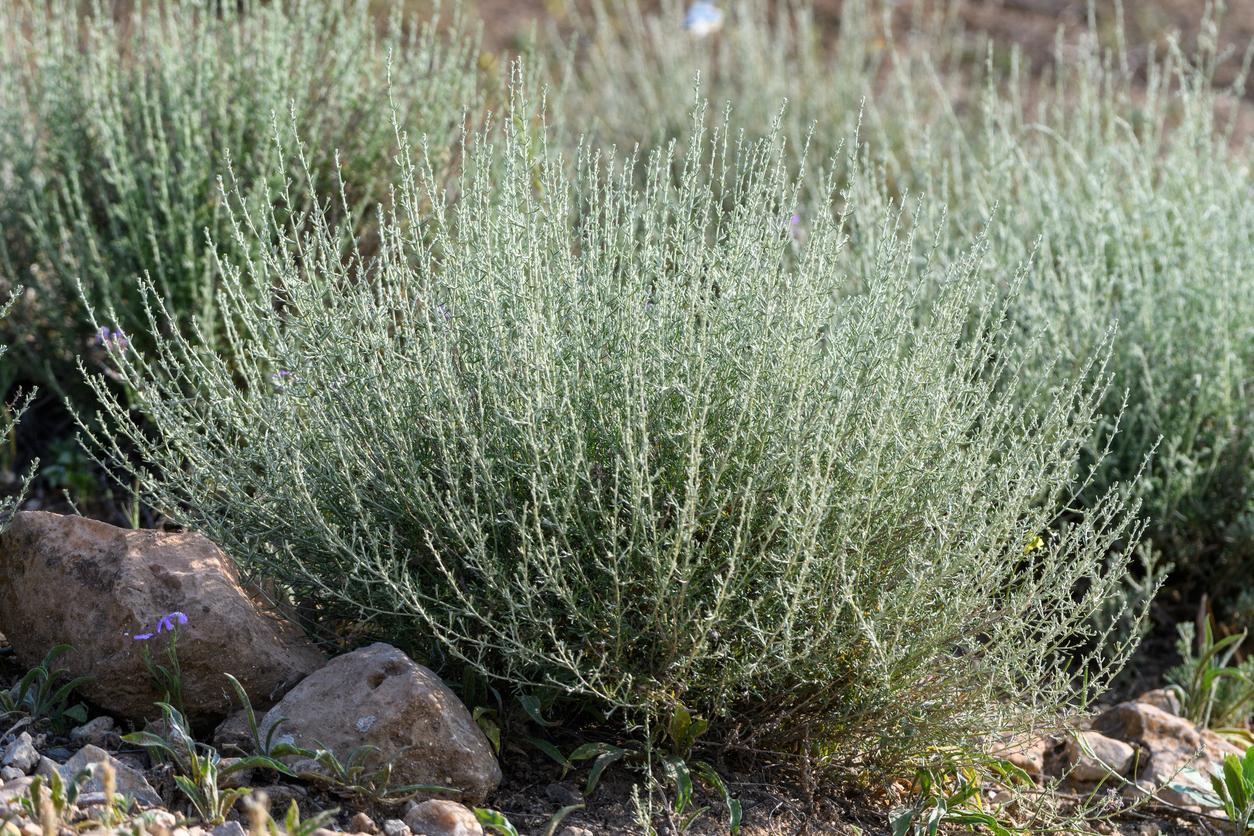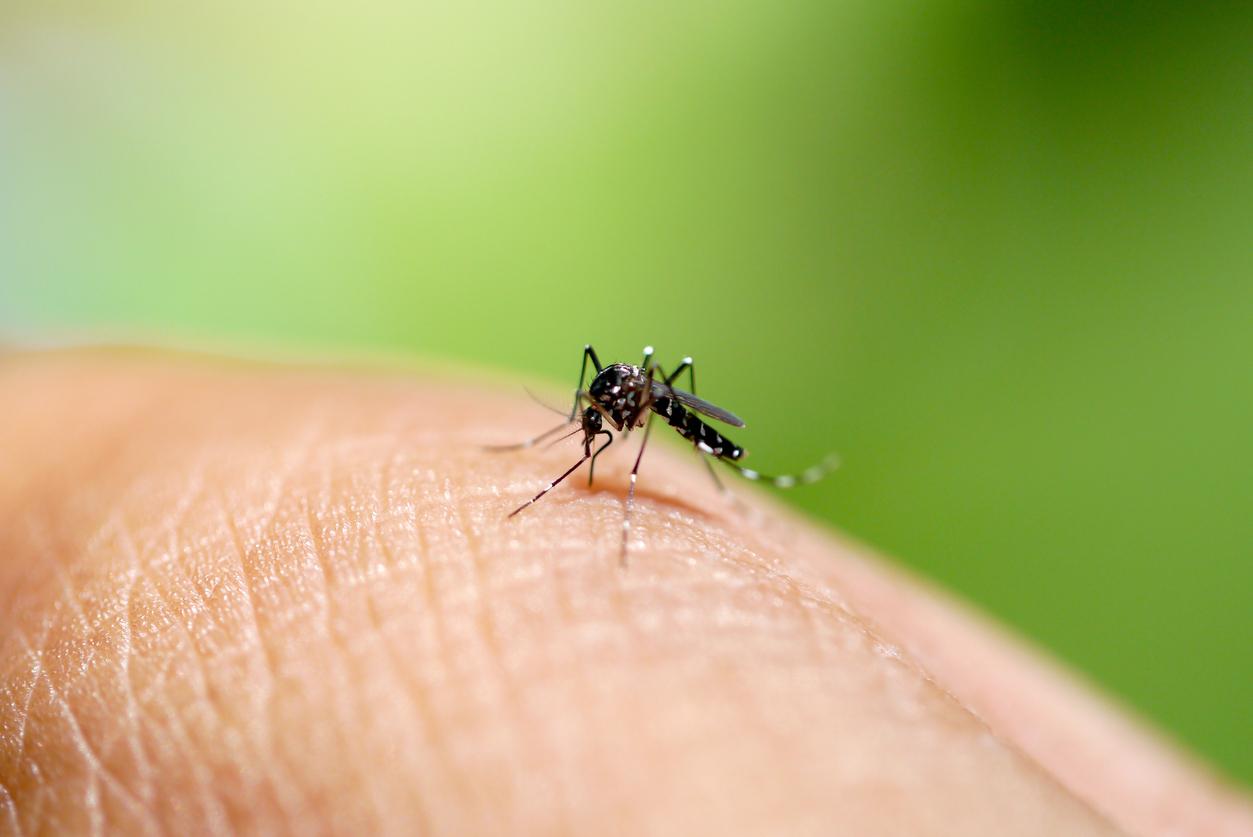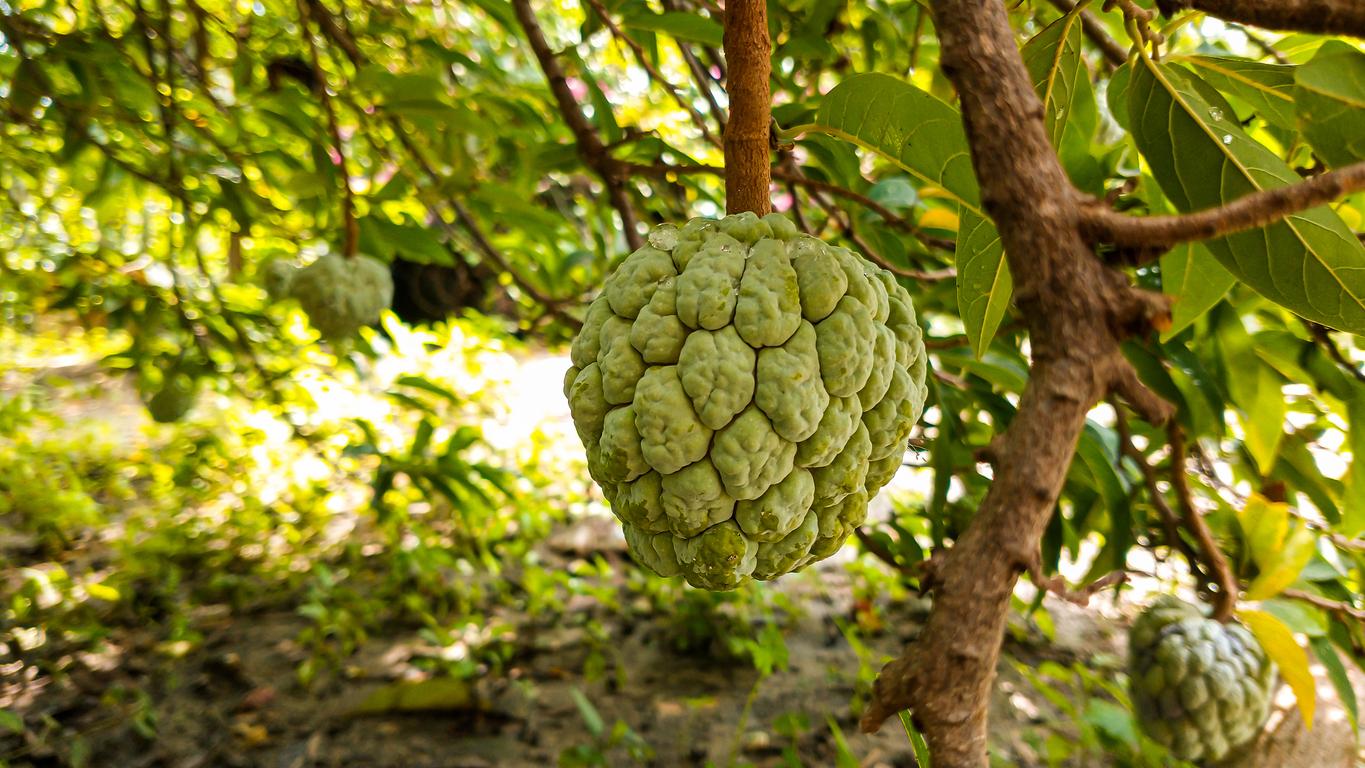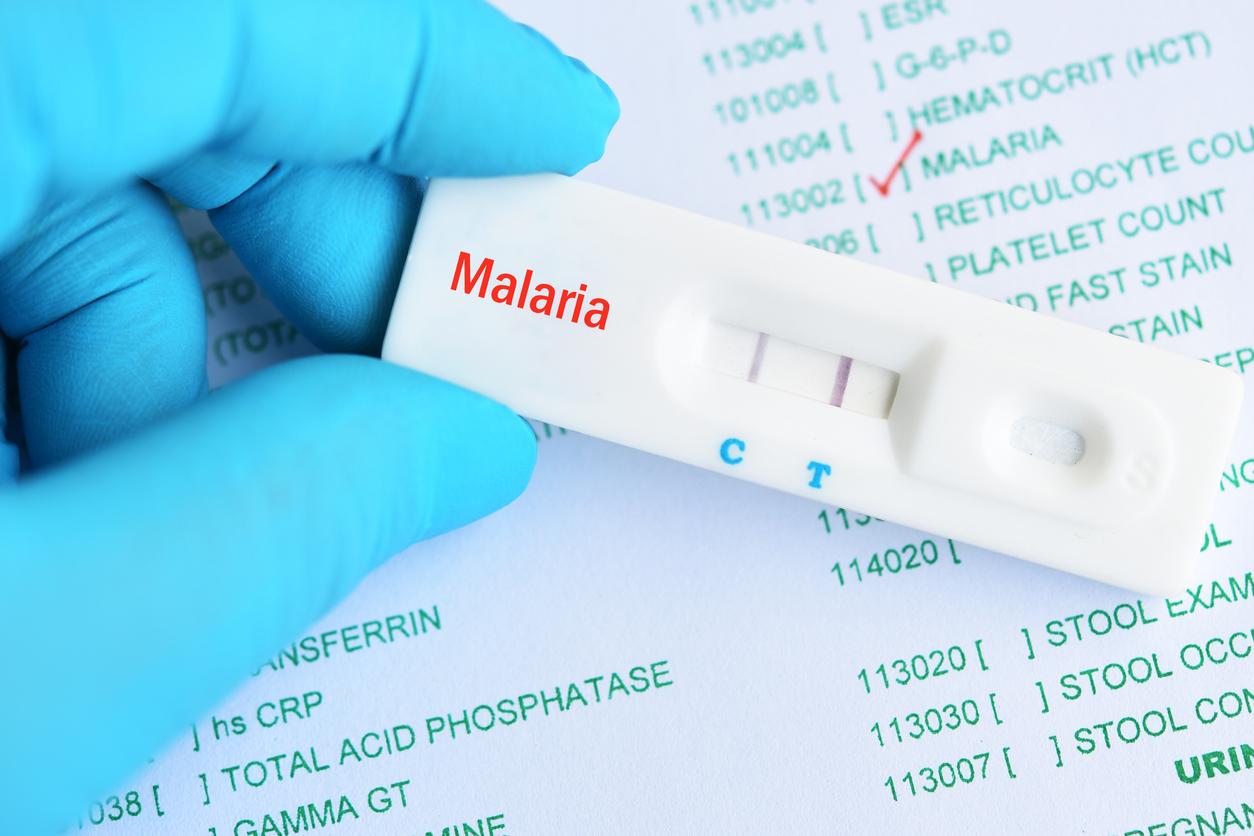
August 10, 2016.
The natural sources of sugar contained in plants and fruits eaten by mosquitoes are thought to influence the transmission of malaria. An international study has just provided proof of this discovery, which could open up new perspectives in the fight against this disease.
Natural sugars act on the interactions between mosquito and parasite
The most widespread parasitic disease in the world, malaria is transmitted to humans by female mosquitoes of the genus Anopheles. The latter feed on blood, but also on natural sources of plant sugars, such as plant nectar..
A joint international study conducted by the Research Institute for Development (IRD), the National Center for Scientific Research (CNRS) and the Institute for Research in Health Sciences (IRSS) in Burkina Faso, published in the journal PLOS Pathogens just shed light on how plant diversity affects the ability of mosquitoes to transmit malaria.
Towards new malaria control strategies
In laboratory, the researchers fed mosquitoes with natural sugars, obtained from nectars of ornamental plants and fruits collected in the gardens and parks of the city of Bobo Dioulasso, in Burkina Faso. A control group of mosquitoes received a 5% glucose water solution. 24 hours later, the mosquitoes were offered a blood meal infected with malaria then, for 14 days (duration of development of the parasite in the mosquito), the researchers continued their diet with one of the sources of sugar (flower, fruit or glucose solution).
The researchers’ observations revealed that the supply of natural sugars significantly influenced the development of the parasite, the fertility of mosquitoes as well as their longevity. Mosquitoes fed on nectar from T. neriifolia showed a 30% decrease in their malaria transmission capacity, while those fed on nectar from L. microcarpa and B. lupilina saw their transmission potential increase by 30% respectively. and 40%.
Research should continue on a wider range of plants, to identify species that could potentially block the transmission of the parasite. The researchers are also considering further studies on the behavioral preferences of mosquitoes (healthy and infected) for different plants with various antiparasitic properties. These results also point to new malaria control strategies, such as the planting of plant species that negatively affect the vectorial capacity of mosquitoes.
Read also: A tool capable of detecting malaria in 5 minutes
















